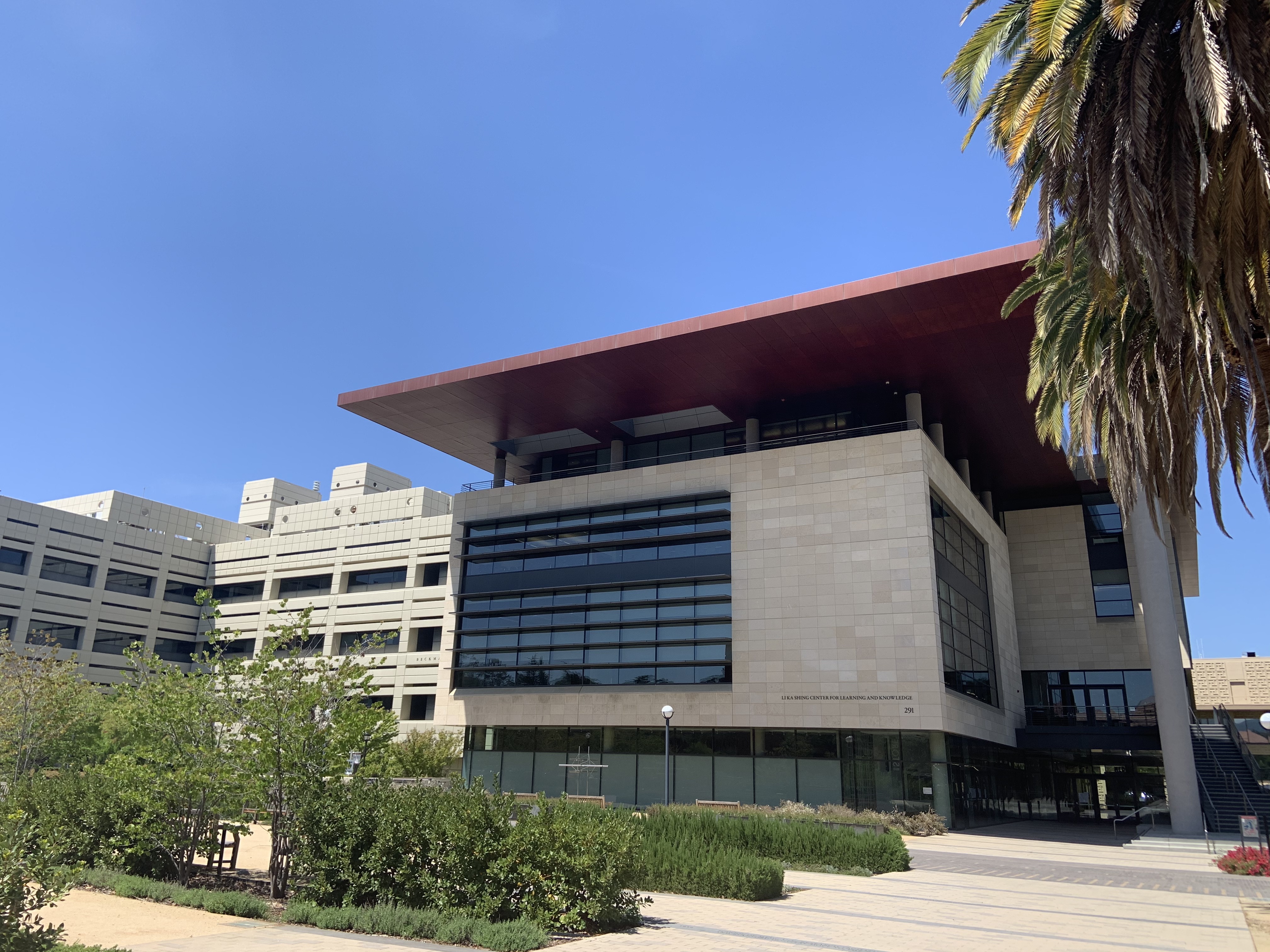Content warning: This story contains references to sexual abuse.
Former Stanford faculty member John Giacomini was sentenced to eight months in prison for sexual battery of a colleague on Tuesday. The felony of sexual battery, which Giacomini pleaded guilty to earlier this year, took place at the Veterans Affairs (VA) Hospital in Palo Alto. Several former colleagues from Stanford and the Palo Alto VA advocated for Giacomini’s character in letters of support to the court, prior to his sentencing.
Giacomini led the cardiology department of the Palo Alto VA from 1985 to 2018. He also directed the Stanford Cardiology Fellowship and served as a Stanford Medicine faculty member. He lost those positions in 2018 when the accusations of sexual violence emerged. Stanford Medicine placed Giacomini on leave in June 2018 when they learned of the complaint, wrote Julie Greicius, a Stanford Healthcare spokesperson, in a statement to The Daily. Giacomini “permanently left Stanford shortly thereafter, when the investigation resulted in grounds to terminate his contract,” Greicius wrote.
The case was referred to the U.S. Attorney’s Office by the Department of Veterans Affairs because it occurred on federal property at the Palo Alto VA. Giacomini was indicted in 2020 by a federal grand jury and later pleaded guilty in March of this year, three days before his trial was set to begin. On Tuesday, Judge Freeman sentenced Giacomini to pay a fine of $15,000, undergo a special assessment and serve one year of supervised release in addition to his prison term.
The victim told the court that “the primary reason I reported these events was to help prevent this from happening to anyone else again, especially women fellows in the field of cardiology,” during the sentencing. Giacomini began his unsolicited sexual contact with one of the victims in the fall of 2017. They resigned at the end of that year, following multiple instances of sexual harassment and abuse.
His attorney requested a more lenient sentence — home confinement instead of prison — in light of the letters of support and Giacomini’s age and health.
Paul Yock, a current Stanford Medicine faculty member and the founding director of the Byers Center for Biodesign, wrote in a letter of support that he did “not have any direct knowledge of the issues leading to [Giacomini’s] recent legal issues.”
Yock concluded the letter by emphasizing his personal and professional admiration of Giacomini and respect for “his deep commitment both to his clinical practice and to the training of young physicians and scientists.”
Current Stanford Medicine faculty members Todd J. Brinton and Thomas Rando, as well as former faculty members Maurice Buchbinder and Michael Pham, submitted letters in support of Giacomini. Connor O’Brien, Laura Dodera, William L. Bennett, Judy Baer, Tanta Blodget, Cheryl Leppi and Svetlana Gorbunova were also among the former colleagues who submitted letters in support of Giacomini.
Anthony Brass, Giacomini’s attorney, said he was “grateful for the letters,” adding that “the letters were speaking to the human side of the doctor, but were not on the subject of guilt and innocence as he had already accepted full responsibility.”
The prosecutors wrote in their sentencing memorandum, a partially-redacted copy of which was obtained by The Daily, that “sexual abuse is a crime of power. Abusers use their power to intimidate, molest, and silence the victim — usually in that order.”
The memo cites a witness “who believed that Dr. Giacomini and his supporters retaliated against her professionally after she rebuffed his attempts to pursue a romantic relationship with her.”
Referencing the letters of support, the prosecutors wrote that “a cursory review of Dr. Giacomini’s many letters of support conveys his power and prestige within the profession.” According to the prosecutors, “this power differential between Dr. Giacomini and Victim was an extremely aggravating factor severely undermining any pretense of her consent to his sexual advances.”
The letters from his colleagues do not explicitly discuss an appropriate sentence but emphasize their positive view of his character and professional accomplishments.
Stanford law professor and survivor advocate Michele Dauber wrote that “it is disturbing and shocking to realize that the victim has read these letters and knows that her fellow physicians stood with the abuser and not with her,” in a statement to The Daily. “His conviction for his crimes directly contradicts any notion that he was a good mentor,” she wrote.
Dauber wrote that Giacomini’s conviction was indicative of widespread issues at the university, pointing to the series of allegations made by female faculty at the Stanford School of Medicine regarding “unchecked sexual harassment.”
Stanford Medicine has zero tolerance for sexual harassment, Greicius added, and there are “robust policies in place to address these matters.”
“If any of our faculty, staff or students is experiencing or has experienced harassment or discrimination in our community, we want to hear from them,” Greicius wrote.
This article has been updated to include comment from Stanford Medicine.
A previous version of this story inaccurately attributed a quote to Michele Dauber. That quote has been removed. The Daily regrets this error.
